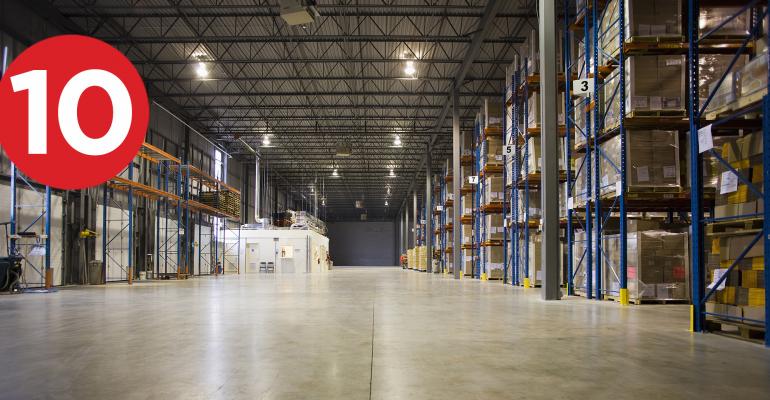- Does Amazon’s Secretive Industrial Deal-Maker Have Grander Ambitions? “Five years ago, KBC had a headcount of roughly a dozen people based in one city, but today it has more than 130 employees. It has hired more than 115 people since the start of 2019 alone, according to a Bisnow analysis of employee LinkedIn pages. It opened offices in Atlanta, Dallas and Nashville in 2020, sources told Bisnow, before launching four new outfits last year alone: in New Jersey, Chicago, Phoenix and San Francisco.” (Bisnow)
- State's $100M program to convert hotels into housing drew just one applicant “Developers, housing advocates, and other experts interviewed by POLITICO say the measure establishing the program did not address zoning and building code issues that continue to pose a logistical and financial obstacle to successful conversions. As the economic impacts of the pandemic gradually recede, opportunities to convert distressed hotels could also wane as the industry recovers — making the inactivity in the program an urgent concern for proponents.” (Politico)
- A Normal Supply Chain? It’s ‘Unlikely’ in 2022. “For those who keep tabs on the global supply chain, the very concept of a return to normalcy has given way to a begrudging acceptance that a new normal may be unfolding.” (The New York TImes)
- Biden’s Regulatory Drive Sparks Pushback From Business Lobbyists “Lobbyists and business groups are responding to what some describe as the federal government’s most concerted regulatory push since the Obama administration. Some Democrats hope the regulatory effort will deliver some policy wins for progressives and union activists ahead of November’s midterm elections, especially now that President Biden’s congressional agenda has stalled amid infighting within the Democratic Party.” (The Wall Street Journal)
- How strip malls could help solve the housing shortage “On the street itself, some lanes of traffic could be dedicated to public transit, and wide sidewalks could make room for café seating with separated bike lanes on the side. In the late 1980s, Calthorpe was the first planner to define transit-oriented development—the idea that compact, walkable, mixed-use neighborhoods should be built around train stations. But he says that wide streets like El Camino could be used in a different way.” (Fast Company)
- SHoP Architects Workers End Union Drive “But support for the union lost steam internally as some of the architecture and design firm’s leadership circulated a petition among employees to pull the vote, and clients threatened to stop working with the firm if its workers unionized, Curbed reported. SHoP disputes these claims.” (Commercial Observer)
- ‘Are We In Trouble Now?’ Data Centers Are About To Finally Feel The Supply Chain Pinch “So far, the global supply chain crisis has done little to slow down the accelerating torrent of data center development, as facilities continued to come online at a record pace throughout 2021. But with supply disruptions showing no signs of dissipating, some industry insiders say the impact on data centers could be dramatic in 2022 with delays and rising costs on the horizon.” (Bisnow)
- Simon launches ghost kitchen offering “Simon is introducing ‘Grab, Go, Eat,’ a new collaboration with ghost kitchen startup Kitchen United. Through the Grab Go Eat platform, customers at select centers operated by Simon can order from multiple restaurants in a single transaction for in-mall pickup or home delivery.” (Chain Store Age)
- This CEO Lets His Employees Work Whenever They Want—From Wherever They Want “The company has 1,876 employees in 97 countries who work on an ‘asynchronous’ basis, meaning they set their own schedules. While they must hit their goals, they control when and how much they work. Unlike regular remote work, asynchronous work creates different logistical challenges, including how to communicate in a world with fewer meetings or real-time discussions. Proponents argue that it can lead to better hires and productivity.” (The Wall Street Journal)
- LA County extends eviction moratorium through 2022 “County supervisors approved the latest extension of the controversial renter protections at a meeting last week by a vote of four to one. The extension was necessary, the majority of the board argued, because many county residents continue to face financial hardship wrought by a pandemic that has now dragged on for two years and continues to infect Angelenos.” (The Real Deal)
0 comments
Hide comments





